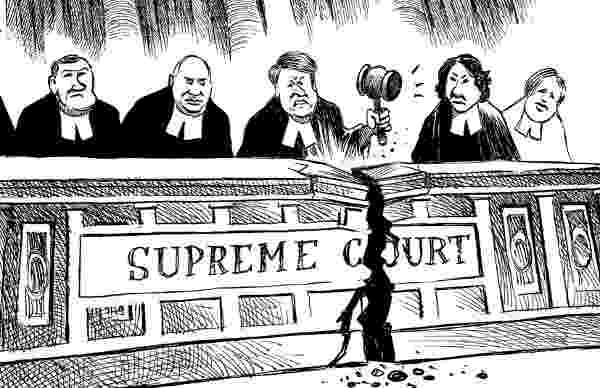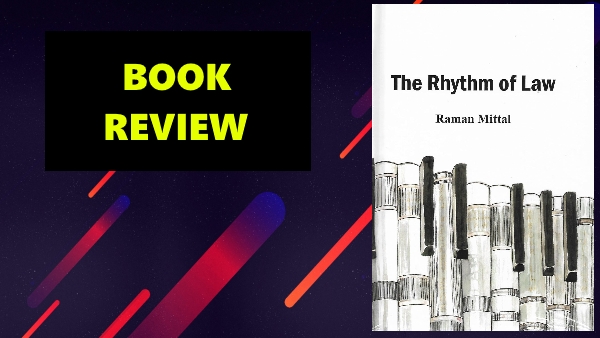Ajudhia Prasad vs Chandan Lal Case was based on similar facts as of Khan Gul vs Lakha Singh case, nevertheless in this case courts refrained from using the principle of equity and affirmed that application of the principle of equity would cause chaos.
BENCH
Sulaiman C.J.
RELEVANT PROVISIONS
Indian Contract Act: Section 65, Principle of Equity.
FACTS
- A mortgage deed was executed by two infants who deliberately suppressed the fact of their infancy and the appointment of a certified guardian for them. The mortgagee unknown to the fact agreed to pay a certain sum of money for their marriage expenses. Thereafter the suit was filed for the recovery of money under Section 68 of the Indian Contract Act, 1872, the lower courts found minors were in reality above 18 years but below 21 which still was considered minor/infant additionally, courts affirmed that marriage expenses are not necessities, therefore, no relief can be provided under section 68 of The Indian Contract Act,1872 but subsequently the lower appellate court relied on the case of Khan Gul vs Lakha Singh and stated that fraudulent representation of minors makes them liable to pay the principal amount with future interest and in default sale of property subsequent to which this instant case came into existence.
ISSUE
- Whether a mortgagee be granted a decree to recover the principal amount with future interest under section 65 of The Indian Contract Act,1872 or by application of any equitable principle. Even if the minor has intentionally misrepresented himself as an adult?
CONTENTIONS
- The whole contention relied on the case of Mohori Bibi v. Dharmodardas Ghose. It was first argued that the in presence of a relevant provision i.e. Section 65 of the Indian Contract Act, 1872 the decision should not be based on equitable principle as courts of equity cannot compel a person to pay regarding a transaction that is characterized as void by legislation.
- Additionally, it was contended that Section 65 of the Indian Contract Act, 1872 will not be applicable as the initial requirement for this section is “the existence of agreement/contract by competent parties” and has already affirmed minors agreement are void, they were never considered as a contract.
RATIO DECIDENDI
- The courts opined, if Section 65 of the Indian Contract Act, 1872 is employed against a minor when he is a defendant the result of such would be chaotic, all agreements by minors would by default be upheld and enforced against them regardless of the fact that any mistake, misrepresentation, or fraud was committed or not.
- A decree of restoration would impose liability to pay on minors and such would quash the protection provided by the legislation to them. This would open a wide door for mischief and misuse. People would continue to contract with minors with confidence furthermore it will be easy for people to obtain documentary evidence to support the charge of fraud against the minors.
- The court also affirmed the view that restitution is only possible in reference to minors when property needs to be restored as it is traceable and courts after considering a contract void on the ground of infancy cannot compel to refund any money as it is non-traceable and granting a money decree against a minor would be amount to imparting pecuniary liability which is void.
DECISION
- The courts after in examining all the authorities and provision provided that the courts could not award a decree of restitution in respect of repayment of money and the court reversed the decision of the lower appellate court and pronounced the decision in favor of minor.
BEST BOOK FOR CONTRACT LAW: Contract Law by RK Bangia (Latest Edition)





